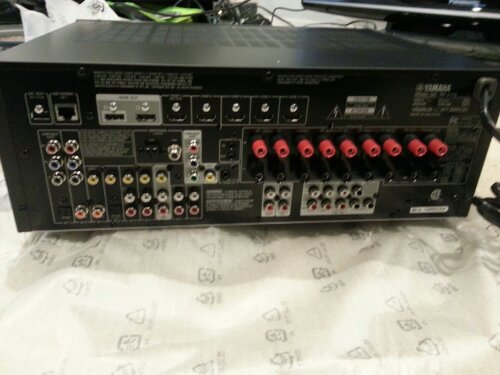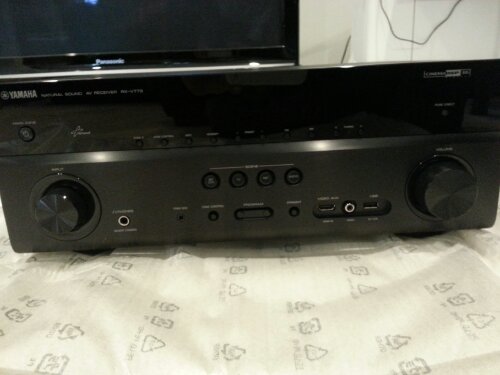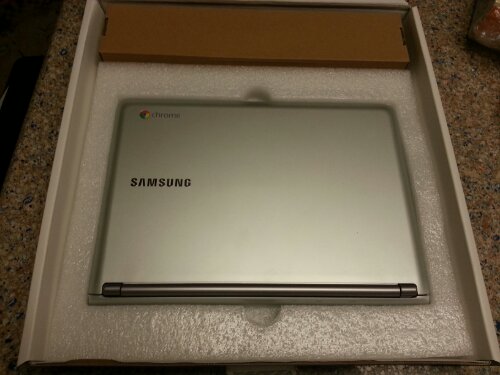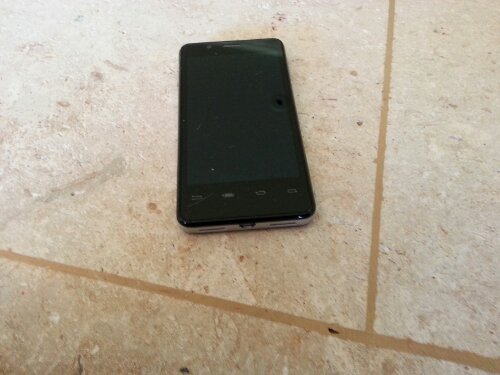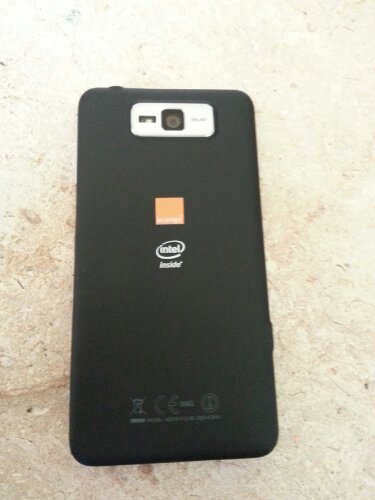If you’re in a rush here’s the quick answer: If life was pre-determined we’d be able to forecast the weather perfectly, too.
Recently I’ve spent quite some time on the topic of artificial intelligence and the fascinating question of what is consciousness. What would it entail to build a man-made self-conscious system? Along came the question of predeterminism of a system and predeterminism of life. Small things.
I’m a CPU architect by profession and have spent many waking hours of my life creating deterministic simulation environments to verify our complex micro-processors. This sounds easy but is actually really hard. It also means that you need to limit yourself to certain design styles that yield deterministic and therefore perfectly reproducible results. A good example of things that can destroy determinism are asynchronous events in a real system, such as interrupts (i.e. keyboard key strokes) that can invoke interrupt routines and disrupt the expected instruction stream. This particular instance is a solvable problem, but in general asynchronous events in non-linear systems are the culprit.
In complex systems with non-linear chaotic behavior, such as weather systems, we can make statistical assertions about their general behavior. But when it comes to determining exactly how the system is going to behave close to a points of instability not even infinite precision in the description of the current condition can predict the exact outcome. We can only make statistical statements about the outcome. This property of chaotic systems prevents us from predicting all asynchronous events that might affect our lives in one way or another. These complex and at times unpredictable behaviors apply as much to weather systems as they apply to outbreaks of diseases that might affect certain individuals. Think of a viral infection causing fever and seizures in humans, heavily affecting their thinking process. Physical diseases might even permanently alter brain structures and synaptic connections. All of which would have the potential to change an individuals behaviour/mood/decision making process in the future. Please note that I’m talking about conscious decision making of the individual. Taken to the extreme sicknesses can cause personality changes that will alter a persons decision outcome. I.e. as a result of such a personality change someone decides to persue a different professional career, with far reaching consequences for his life in the long term (economic outlook, location of job, consumed literature, etc.)
So while for long periods of times individuals live in the linearly predictable parts of the world and causing behaviors that appear to be largely predictable (i.e. I get on the train every morning to get to work and then attend a recurring meeting), these asynchronous events can wreak havoc on long term outcomes of decisions affecting an individuals life.
Therefore predeterminism isn’t a property of human life or even biological life as a whole. But it’s largely predictable enough to exploit long times of relative stability in ways to learn and predict and benefit from these behaviors – for yourself and 3rd parties.
So where does that leave machines? That’s a topic for another post…
